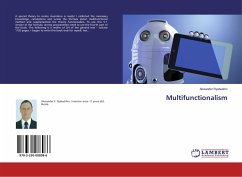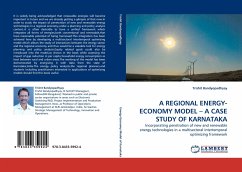
Management Economic
Versandkostenfrei!
Versandfertig in 6-10 Tagen
29,99 €
inkl. MwSt.

PAYBACK Punkte
15 °P sammeln!
One standard definition for economics is the study of the production, distribution, and consumption of goods and services. A second definition is the study of choice related to the allocation of scarce resources. The first definition indicates that economics includes any business, nonprofit organization, or administrative unit. The second definition establishes that economics is at the core of what managers of these organizations do.This book presents economic concepts and principles from the perspective of "managerial economics," which is a subfield of economics that places special emphasis o...
One standard definition for economics is the study of the production, distribution, and consumption of goods and services. A second definition is the study of choice related to the allocation of scarce resources. The first definition indicates that economics includes any business, nonprofit organization, or administrative unit. The second definition establishes that economics is at the core of what managers of these organizations do.This book presents economic concepts and principles from the perspective of "managerial economics," which is a subfield of economics that places special emphasis on the choice aspect in the second definition. The purpose of managerial economics is to provide economic terminology and reasoning for the improvement of managerial decisions.Most readers will be familiar with two different conceptual approaches to the study of economics: microeconomics and macroeconomics. Microeconomics studies phenomena related to goods and services from the perspective ofindividual decision-making entities-that is, households and businesses. Macroeconomics approaches the same phenomena at an aggregate level, for example, the total consumption and production of a region.












